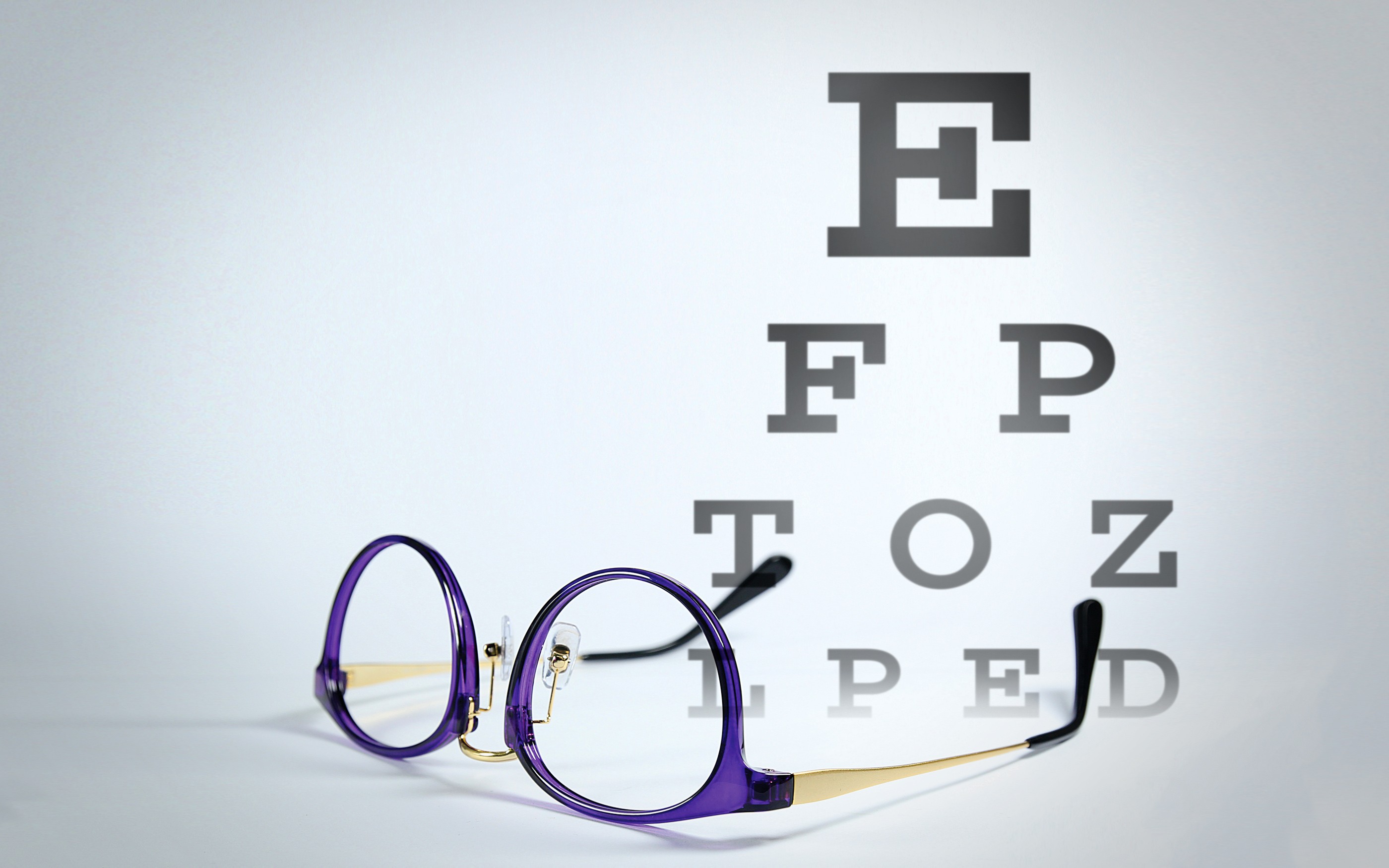Are certain eye problems hereditary or environmental?
Time spent in front of computers and cellphones could be significant contributing factors to eye issues such as near-sightedness

Thick curly hair, a distinct nose shape – these are some of the features that run in families.
Unfortunately, so do nearsightedness and farsightedness.
But not all vision problems are genetic; they may be caused by environmental issues too.
Healthy living is an integral part of maintaining healthy vision as you age.
The healthier you are, the better chance you have of avoiding damage to your eyesight.

Although poor eyesight is often hereditary, the number of people with nearsightedness – which has a strong genetic component – has almost doubled in the past decade, according to global studies.
Dr Yolandie Coetzee of Envision Sight says that time spent in front of computers and cellphones could be significant contributing factors to eye issues such as nearsightedness.
‘According to a few studies, spending time outdoors in early childhood also reduces the onset of myopia, or nearsightedness, which has become more prevalent in recent years. This is just one example of how lifestyle rather than genetics may affect your eye health,’ said Dr Coetzee.
‘A poor diet, smoking and unhealthy BMI (body mass index) may increase your chances of developing age-related macular degeneration. That’s why it is important to follow a healthy diet and manage body weight, not smoke, and exercise regularly.
‘For patients with glaucoma, a vegan diet and regular exercise can also help to lower the pressure in the eyes.
‘The antioxidants found in fruits and vegetables can help reduce vision loss related to aging.

‘It’s also important to take preventative action, such as protecting your eyes from the sun’s UV rays to avoid the development of cataracts.’
If you have any concerns about genetic predisposition for certain eye conditions, either for yourself or your children, find out whether your medical aid provider offers genetic testing. There are those that provide low-cost screening.
If you or your family members have diabetes, you are encouraged to have regular eye exams to look for changes in the blood vessels of the retina that indicate diabetic retinopathy.
All medical aids are required by law to cover the cost of treatment and care relating to diabetes as it is classified as a chronic condition.
Importantly, remember to have your eyes tested routinely, regardless of your family history.
Eye problems are often painless and slow to develop, making it easy to keep putting off testing.
Just do it. You could prevent yourself from having more problems in the future.
HAVE YOUR SAY
Like our Facebook page and follow us on Twitter.
For news straight to your phone invite us:
WhatsApp – 072 069 4169
Instagram – zululand_observer

